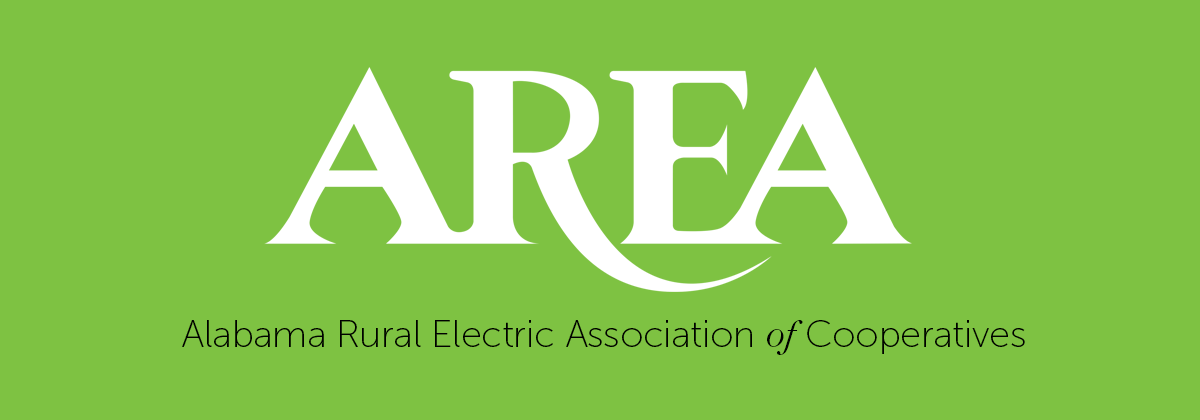Work Order Workshop -- March 4-5, 2020 @ AREA (beginning at 8:30 a.m.)
March 4-5, 2020 – Work Order Workshop (Util102) – 2 days
For electric cooperatives and utilities, their biggest investment is the electric structure assets including poles, wire, and equipment needed to deliver electricity. It’s a complex process to take raw materials, labor and overheads and convey to our organization’s largest asset. This workshop will provide an overall understanding of the Work Order system, how the investment gets paid for, and an exploration of numerous components within the Work Order system.
Day 1:
--Learn about the history of the Rural Utility Service (RUS) loan program requirements and procedures. These topics will provide a baseline understanding that has molded how and why we have done things the way we have in our work order processes. By understanding what is required for RUS to approve loan funds for plant, we can better understand the work order processes.
--Gain an understanding of classifications, 740c codes including new construction, system replacements, and retirement of plant. What is a work order, unit, assembly and CPR? Understand when to capitalize costs or expense them. What’s so special about special equipment? What about depreciation? What is the impact of using contract labor versus in-house labor?
--Experience and interact with the overall work order process and micro processes within it.
Day 2:
--Not only is the work order accounting system complex, it is expensive. How are we going to pay for this infrastructure investment? What about repairs and maintenance? And storms? Or Federal Emergency Management Agency (FEMA) payments from a declared disaster? How about contributions in aid of construction (CIAC)? How do rates recover all these costs?
--When does work order need to be set up? What do I need to know about a staking sheet? Other topics will include inventory, overhead allocations and factors, closing of work orders, stores expense, standard costs, and internal controls.
--Apply understanding of workshop concepts by participating in exercises that challenge the idea of “that’s the way we’ve always done it.”
Together, the participants will step through this intricate process to understand the components, as well as understand
Registration for this event is now closed.
